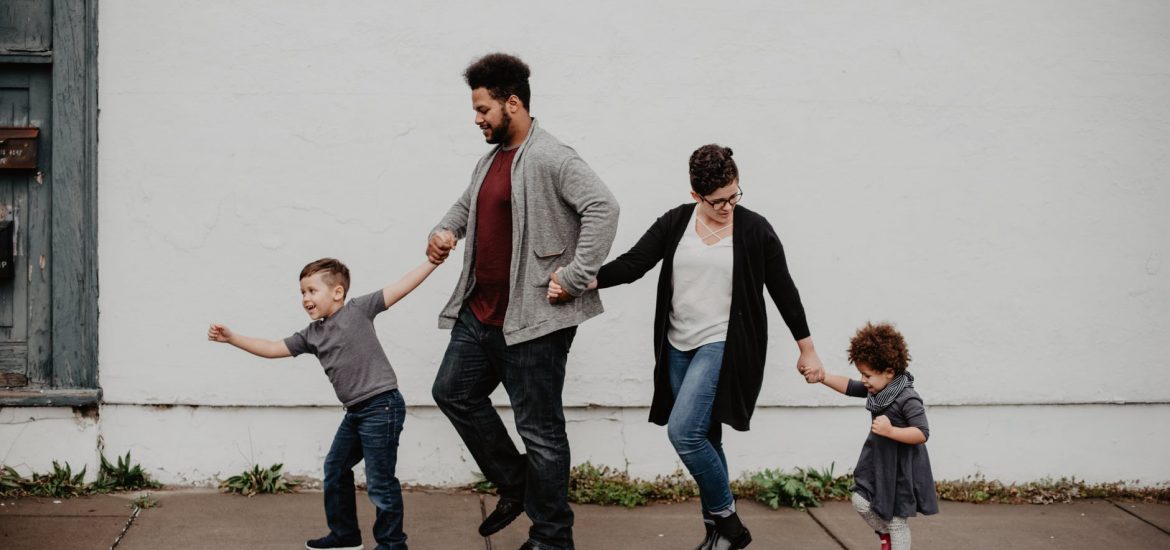There are a lot of fun things you can do with your children. You can plan a trip to the theme park or an afternoon at the swimming pool. Even going on an outdoor adventure at the park can be a great way to spend an evening. Why would you want to spend a bunch of money and take a risk on taking your child to see a show at the theater?
It’s true that taking a child to see a live show can be risky. It requires them to sit still and be relatively quiet for a long period of time. You could end up embarrassing yourself in front of other show-goers if your child isn’t ready!
However, it’s also true that taking your child to the theater has some amazing benefits, and those benefits far outweigh the risks. A trip to the theater can:
- Strengthen family bonding through a shared experience
- Improve emotional intelligence
- Open up conversations on difficult subjects
Reap these rewards and many more by taking your kids to see a show at the theater with these tips.
Pick the Right Show
You absolutely have to pick the right show. Some performances are geared towards adults, while others are crafted for all ages. For example, an opera probably isn’t a good choice for a kindergartner, but an acrobatic act might be.
A family-friendly comedy show can be an especially good choice for children. One example is The Comedy Barn in Pigeon Forge, Tennessee.
“This show is an award winning family comedy and variety show that is sure to allow guests to have a fun night of entertainment. Offering two hours of clean, family-friendly comedy, magic, and awesome critters. Feel free to bring the kids and your granny for a night of entertainment everyone will love!”
Consider Attention Spans
Children as young as three and four years old can enjoy a show when you choose one that is designed for entertaining kids. However, that doesn’t automatically mean your child is ready just because they’re three or four.
Attention spans increase with age, but they are also extremely variable. One four year old may have a great attention span, while another six year old can’t sit still for more than just a few minutes, no matter how entertaining the show. It’s important to consider your particular child and their ability to focus before buying tickets to the theater.
Prepare Before You Head Inside
Once you’ve bought the tickets and you’re confident your child will enjoy the show, you should prepare ahead of time to make sure this is the case.
It starts with proper theater attire. That doesn’t mean you have to dress up. Anything is appropriate to wear to the theater as long as you’re comfortable.
Wear layers. That way, if it’s cold, you can put a sweater on your child or take a layer off if it’s a little warm.
Make sure they take a trip to the bathroom right before the show is ready to start and have a few snacks on hand. Avoid sugary beverages to prevent unnecessary trips to the bathroom during the show.
Have a Backup Plan
Even the most well-behaved children can have problems during a show, especially if it lasts hours. Make sure you have a plan in place for potential problems.
Decide if you’re going to let your child go to the bathroom alone or if you’re going to go with them ahead of time. If you worry that your child may have trouble at their first show, purchase tickets at the end of an aisle so you can make a quick escape.
Engage Them During and After the Show
Asking the right questions is a skill every parent should learn. They can come in handy when you take your child to a show at the theater.
Choosing the right show can help keep your child engaged, but don’t be afraid to engage them during the show with questions about what they’re watching. It will help keep them focused on what’s happening on stage.
Asking questions during the intermission and after the show is a great way to help them process what they just watched. It also gives you a chance to ask them if they’d like to see another show sometime!
Don’t assume that just because your child is young they can’t handle a trip to the theater. With a little forethought and planning, even very young children can benefit from seeing a show live and in person.

